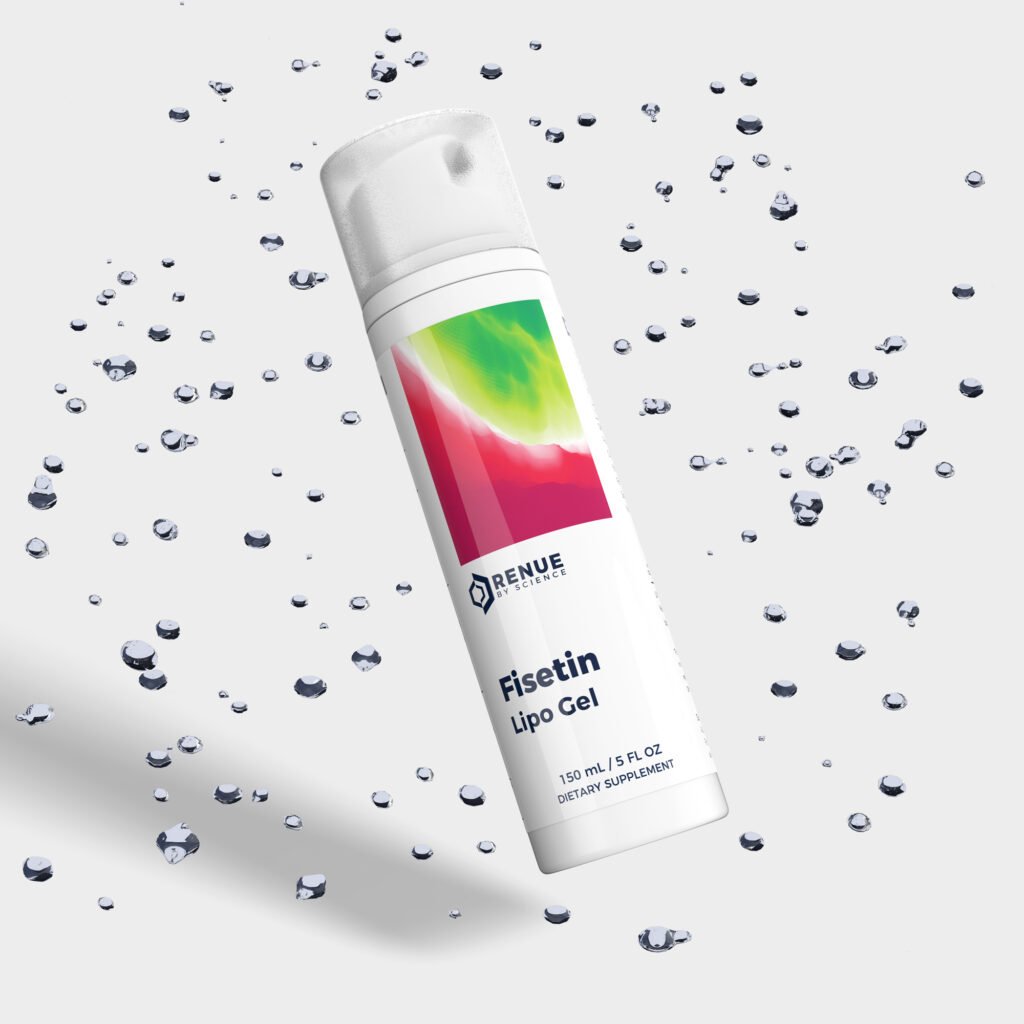NMN is a natural product that the body produces. It is a form of NAD+ that can fight aging. NMN cycles in and out of the body, but levels diminish with age. A study found that NMN levels in mouse brains were about twice as high in their youth than in old age.How to Fight Aging with NMN?
The Clinical Studies of What NMN Actually Does
The clinical studies of NMN have been going on for a while, but the results are still not conclusive. One study found that it did not improve mitochondrial function or aerobic capacity in humans. Another study found that it did increase mitochondrial function and aerobic capacity in mice.
NMN is also thought to be useful for preventing age-related frailty. But there is no definitive proof of this yet because the benefits were only observed in mice and rhesus monkeys, not humans.
The Latest Research on David Sinclair’s NMN Supplement
The study, published 22 April in the science journal Science, was the first randomized clinical trial to examine the metabolic effects of NMN administration in humans. Women and mice also participated in the study, and the study showed a greater effect in female mice. Sinclair-Wu points out that the experiments conducted in the current study provide evidence that the treatment stimulates tumor development in animals treated with NMN.
In fact, older mice seem to react more strongly to NMN compared to younger mice. There is ample evidence of anti-aging and health-promoting effects in many mouse models of disease and aging, showing a wide range of remarkable effects and benefits for diseases from diabetes to Alzheimer’s when administered to mice with synthesized NAD + tissue. There are specialized NMN transporters, which is not surprising, and studies have shown that oral NMN is highly bioavailable and increases NAD + in various tissues (R, R, R). Studies in mice that received oral NMN showed that it improved many aging health biomarkers (r, R and R-R). Studies in which it was administered orally in humans showed that it was taken orally, and various metabolites of NMN found in the blood showed that it was also absorbed and metabolized (R).Other mouse studies have shown benefits such as improved cardiovascular function, improved muscle regeneration and improved glucose metabolism through NAD + supplementation. Such studies have also indicated that the administration of nicotinamide nmn improves mitochondrial function and various metabolic organs, including skeletal muscles. A recent clinical study funded by Chromadex and Elysium showed that adults who took NR – rich dietary supplement for six to eight weeks had elevated NAD + in their blood with no serious side effects.
In contrast, the subjects in a published clinical study did not test whether NR or NR alone increases NAD + levels in humans. By contrast, a study suggests that there are safe and effective ways to increase NAD + levels in humans, too. As mentioned above, the human studies that have researched NR supplementation have compared NR with NR alone. Numerous animal studies suggest that NMN could be useful in reducing age-related decline, despite lack of human data. Clinical trials are aimed at providing a critical scientific basis for the rigorous development of NMN as an anti-aging nutritional agent in the human phase. Unlike over-the-counter medicines, which require Phase I testing in humans before they reach the shelves, dietary supplements are considered safe until proven otherwise. Robust scientific evidence, including well-designed preclinical and clinical trials, and a clear understanding of the mechanisms of action and scientific potential of the supplement will reveal this over time. Chromadex has been investigating the efficacy of its NAD + dietary supplements for a range of diseases in humans, including kidney damage and fatty livers. Although its dietary supplements have been subject of many clinical trials, there are also company sponsored studies on its effects on cognitive function, mood and sleep in people over 55 years old. Take, for example, NAD +, a molecule that is at the forefront of healthy aging and lifespan. Several studies suggest that the addition of two such intermediates, the nicotinamide riboside (NR) and the nicotinamide mononucleotide (NMN) increased NAD+ levels and longer the life span of yeast, worms and mice. The discussion about NAD + and its link to ageing has strengthened consumer demand for products that can help raise their levels. Recent studies have shown that decline of cellular nicotinamide adenine dinucleotide levels (NAD) levels is a cause of age-related disorders and that therapeutic approaches to increase cellular NAD + can prevent these diseases in animal models.Many studies have shown that NMN can improve various aging characteristics by not regulating epigenomes, DNA damage, protein accumulation, inflammation, age-related inflammation, and various other aging mechanisms. These studies were compared head-on in terms of health effects and lifespan effects.
Studies have shown that NMN can improve various age groups and symptoms of diseases that would not otherwise improve. However, researchers warn that further studies are needed to determine whether NMN has a positive effect on the prevention and management of prediabetes and diabetes in humans. Placebo-controlled randomized clinical trials do not require placebo controlled clinical trials. Researchers urge caution that small studies and larger studies will be needed before they can safely claim the benefits of supplementation in humans. The aim of the Phase I human clinical trials with NMN6 is to evaluate the safety and bioavailability of the nutritional supplement in humans. Other ongoing human trials are in Phase II to investigate the safety effects of the substance in older adults, and Phase II is investigating its effects on cardiovascular and metabolic function. In the Human Phase I clinical trial we will be able to learn how NMN behaves in the human body. It should be stressed that this study is not intended for the pharmaceutical development or nutraeutical development of NMN / NR, but rather for the development of pharmaceutical drugs. Niagena (r) (nicotinamide riboside) has only nine published human clinical studies showing that it increases NAD + levels. According to ClinicalTrials.gov, a government-hosted database of human clinical trials and the International Clinical Trials Registry of the World Health Organization, there are a total of 48 continuing trials with Niagena and only 17 with NMN. A study published in Nature Communications in 2024 showed that Niagenas supplementation was well tolerated in a group of healthy middle and elderly adults and increased NAD +.A small, non-blind, uncontrolled placebo study with 10 healthy Japanese men aged 40-60 years found that NMN supplementation at higher doses showed no serious side effects and no tolerability.
The researchers conducted a small, non-blind, uncontrolled, non-placebo uncontrolled study with 10 healthy Japanese male subjects aged 40-60 years. The study was conducted over three visits spread over more than a week. A clinical trial investigating the safety of a single dose of NMN in 10 healthy men between 40 and 60 years old was conducted using a single oral dose of 100, 250 and 500 mg.[content-egg module=CjLinks next=1]
NMN & The Effects on the Body And Skin
NMN is a form of Vitamin B3 that is present in some foods. NMN is also one of the only natural supplements that can boost your NAD levels.
NMN has been shown to have the ability to decrease the appearance of wrinkles, which are caused by skin aging. NMN also protects skin cells from DNA damage, which causes skin cancer.
NMN supplementation has been shown to be effective for preventing many age-related diseases and conditions, including muscle wasting, cardiovascular disease, cancer and Alzheimer’s Disease.
Is NMN the Best Anti-Aging Supplement in the Market?
NMN is a supplement that has been found to reverse the aging process in mice. It is believed to be the best anti-aging supplement in the market.
We know that NMN helps in restoring protein levels. It also helps in restoring mitochondrial function and reduces oxidative stress, which are all factors linked with increased longevity. Overall, it seems that NMN plays an important role in anti-aging – not just by reversing aging but also by slowing its progression.
The study found that NMN supplementation significantly reduces age-related decline of metabolic function (i.e., how well cells convert food into fuel). The scientists discovered through their tests that consuming NMN for 6 weeks reversed age-associated declines of metabolic functions and restored glucose metabolism, whereas the Control diet fed mice displayed typical age-associated declines in these same categories.
Does Nicotinamide Mononucleotide Supplements work?The 10 Best NMN Supplements


















